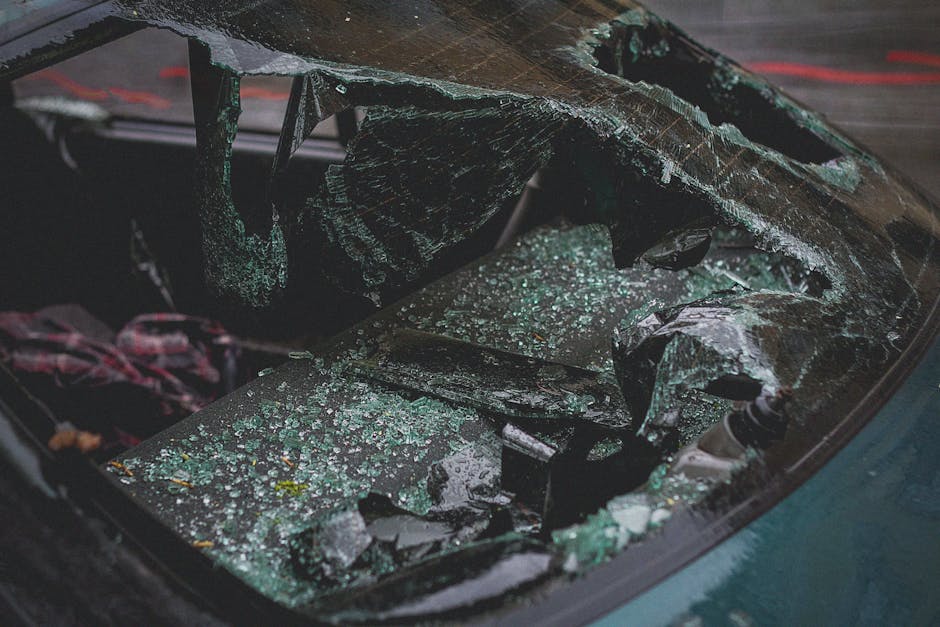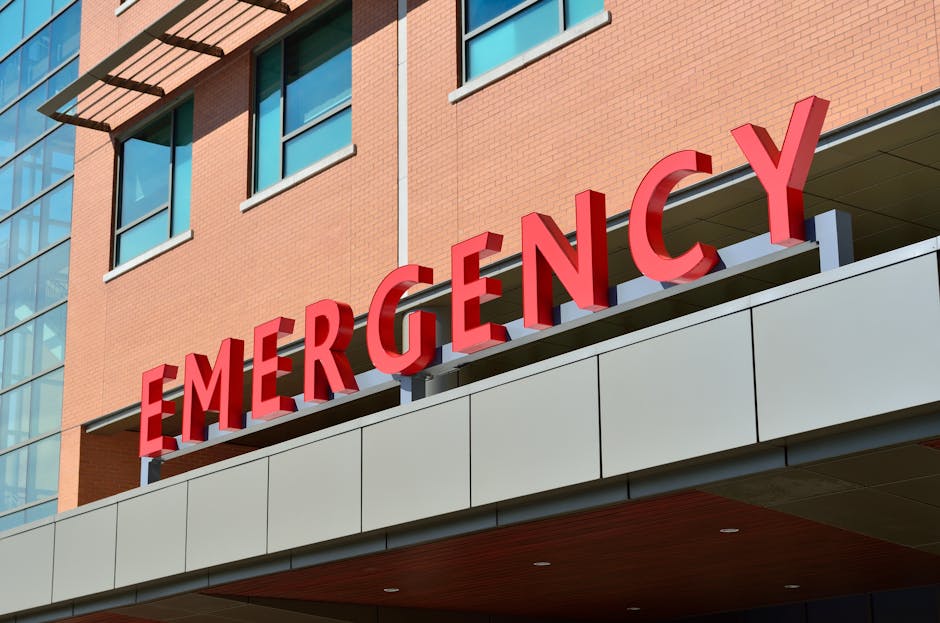No-fault car insurance is a system designed to simplify the process of handling car accident claims and ensure that accident victims receive timely compensation for their injuries and damages. In a no-fault system, each driver's insurance company covers their insured's medical expenses and other costs, regardless of who was at fault in the accident. In this article, we will explore the concept of no-fault car insurance, its implications for accident claims, and how it can affect the compensation process for injured parties.
How No-Fault Car Insurance Works
Laws governing No vary significantly by state. For example, California applies pure comparative negligence, while Texas uses a modified 51% bar rule. Understanding your state's specific statutes is crucial for evaluating your claim.
Under a no-fault car insurance system, when a car accident occurs, each party involved in the collision is expected to file a claim with their own insurance company, regardless of who caused the accident. This means that instead of pursuing compensation from the at-fault driver's insurance, accident victims seek coverage from their own insurance providers.
Implications for Accident Claims
Faster Compensation Process
One of the main advantages of no-fault car insurance is that it streamlines the compensation process for accident victims. Since each party's insurance company covers their own insured's expenses, victims can receive compensation more quickly. This is especially beneficial for individuals who require immediate medical attention and cannot afford to wait for a lengthy claims process.
Limited Right to Sue
In a no-fault system, there are restrictions on an individual's right to sue the at-fault driver for additional compensation beyond what their insurance covers. This limitation varies from state to state but is typically limited to cases where the injuries are considered severe or meet a certain threshold.
Cost Control and Premiums
No-fault car insurance is intended to control costs and stabilize insurance premiums for policyholders. By eliminating the need for extensive fault investigations and lawsuits in minor accidents, the system aims to reduce administrative expenses and, in turn, keep insurance premiums relatively stable.
Medical Coverage and PIP
Personal Injury Protection (PIP) is a key component of no-fault car insurance. PIP coverage provides reimbursement for medical expenses, lost wages, and other costs related to injuries sustained in a car accident, regardless of fault. The coverage limits for PIP vary by state, and some states require drivers to carry this type of coverage as part of their auto insurance policies.
Impact on Severe Injury Cases
While no-fault car insurance works well for minor accidents, it can present challenges for victims of severe injuries. In cases where injuries exceed the PIP coverage limits, or the state's threshold for the ability to sue is met, accident victims may be able to pursue additional compensation from the at-fault driver's insurance through a personal injury lawsuit.
Potential for Fraud
The no-fault system can be susceptible to fraudulent claims, as some individuals may attempt to exploit the system to receive compensation for injuries that may not be directly related to the accident. Insurance companies often implement anti-fraud measures to mitigate this risk and protect policyholders from increased premiums due to fraudulent claims.
No-fault car insurance is a system that aims to simplify the claims process and provide faster compensation for accident victims. While it streamlines minor accident claims and offers benefits in terms of timely reimbursement, it can also limit an individual's ability to sue for additional compensation in severe injury cases. If you are involved in a car accident under a no-fault system, it is crucial to understand your rights and the coverage provided by your insurance policy. Consulting with an experienced personal injury attorney can help you navigate the complexities of no-fault car insurance, assess your options, and ensure that you receive fair compensation for your injuries and damages. Remember, no-fault insurance systems vary by state, so familiarize yourself with the specific laws and regulations in your jurisdiction to protect your interests after a car accident.
Related Resources
For more information on related topics, explore these articles:
- Dealing with Insurance Companies After a Car Accident: Dos and Don'ts
- Navigating the Challenges of a Car Wreck Trial: Why Experienced Legal Representation is Essential
- Hit and Run Accidents: Legal Recourse and Pursuing Justice
Frequently Asked Questions
Q3: What happens if I reject a settlement offer?
A: You have the right to reject any offer and proceed to trial. However, consider that trials involve more time, expense, and uncertainty compared to settlements.
Q2: How long does it take to receive a settlement payment?
A: Most settlements are paid within 2-6 weeks after signing the release. Complex cases with structured settlements may take longer to finalize the payment arrangement.
Q1: Can I negotiate the settlement amount?
A: Yes, initial settlement offers are almost always negotiable. Your attorney can provide counter-offers with supporting evidence to justify a higher amount.




